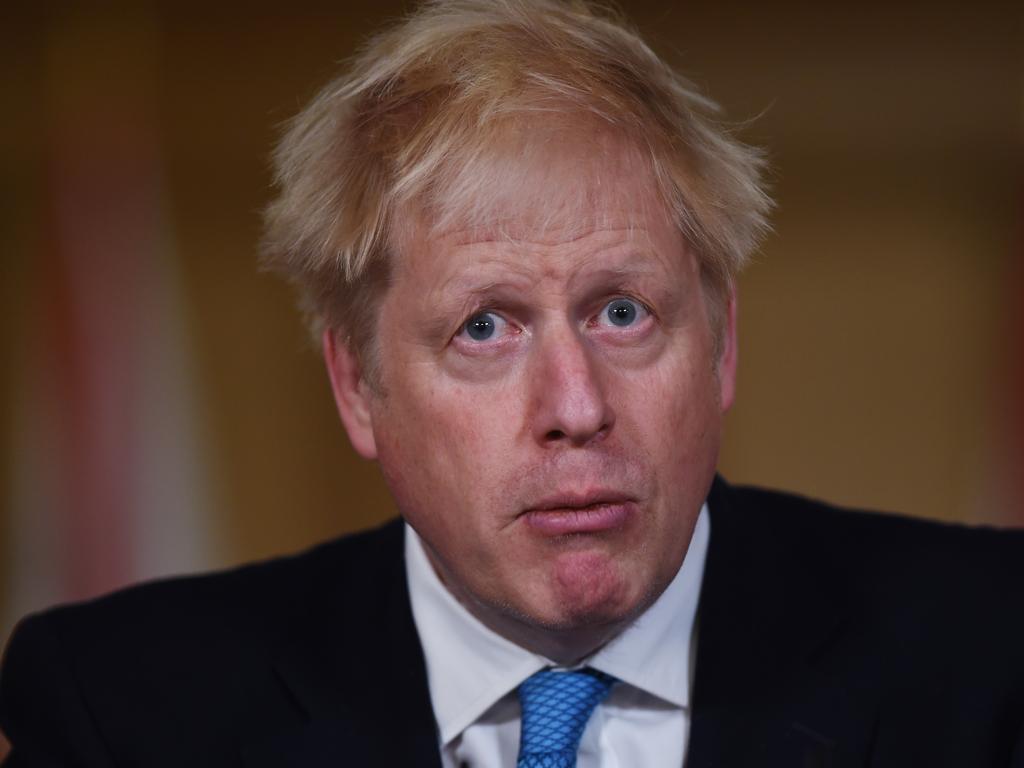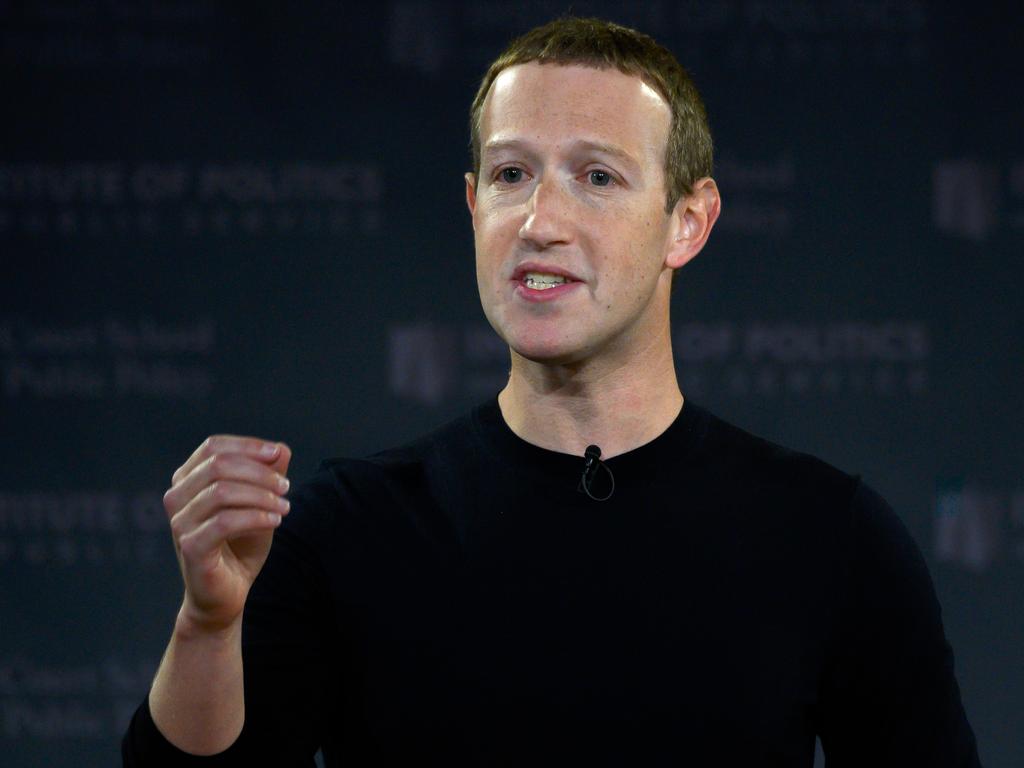Millennials all over the world have lost faith in democracy
Millennials in democracies throughout the world are more disillusioned with their system of government than any young generation in living memory, a study has found.

Millennials in democracies throughout the world are more disillusioned with their system of government than any young generation in living memory, a study has found.
A survey of nearly five million people showed that those in their 20s and 30s, born between 1981 and 1996, had less faith in democratic institutions than their parents or grandparents did at the same stage of life.
The collapse of confidence is particularly pronounced in the “Anglo-Saxon democracies” of Australia, Britain and the US. However, similar trends are seen in Latin America, sub-Saharan Africa and southern Europe.
“This is the first generation in living memory to have a global majority who are dissatisfied with the way democracy works while in their twenties and thirties,” said Roberto Foa, lead author of the study from the Centre for the Future of Democracy at Cambridge University.
Of the 2.3 billion people in countries covered by the report, 1.6 billion, or seven out of 10, are in nations with declining democratic satisfaction from one generation to the next. This did not mean that voters would support autocratic alternatives, Dr Foa said. Rather, they were frustrated that their systems were not working for them.
The report shows a slump among young Britons, fuelled largely by inequality. In 1973, 54 per cent of British 30-year-olds reported being satisfied with democracy and 57 per cent of baby boomers expressed the same sentiment when they turned 30 a decade later.
For members of Generation X, born between 1965 and 1980, satisfaction reached a high of 62 per cent during the 1990s and 2000s. For millennials, it has sunk to 48 per cent.
Inequalities in wealth and income, the difficulty of climbing on to the property ladder, the burden of student debt and a greater dependence on support from parents have created a perception that “the chances of success or failure in life depend less upon hard work and enterprise, and more upon inherited wealth and privilege”.
The study, the most comprehensive of its kind, drew on data from 4.8 million people in more than 160 countries between 1973 and 2020. It found that millennials and members of Generation X had grown steadily less satisfied with democracy as they aged.
By contrast most baby boomers, now in their sixties and seventies, continue to report satisfaction with democracy. The same is true of the interwar generation, born between 1918 and 1943.
Nations where wealth is distributed more equally, such as Iceland or Austria, have much less divergence between the generations. “This democratic disconnect is not a given, but the result of democracies failing to deliver outcomes that matter for young people in recent decades, from jobs and life chances to addressing inequality and climate change,” Dr Foa said.
Some countries that have elected populist leaders have experienced a rebound. On average those aged 18-34 reported a 16 percentage point increase in satisfaction with democracy during the first term in office of a populist leader.
Where moderate politicians had narrowly beaten or succeeded a populist rival, the researchers found no comparable increase.
“We find this not only in cases where left-wing populists are elected, but also under right-wing populism. The major exception is the presidency of Donald Trump in the United States,” the researchers wrote.
The study also hints at increasingly partisan political views. In Western democracies, 41 per cent of millennials agree that you can “tell if a person is good or bad if you know their politics”, compared with 30 per cent of voters over the age of 35.
“The prevalence of polarising attitudes among millennials may mean advanced democracies remain fertile ground for populist politics,” Dr Foa said.
The Times







To join the conversation, please log in. Don't have an account? Register
Join the conversation, you are commenting as Logout